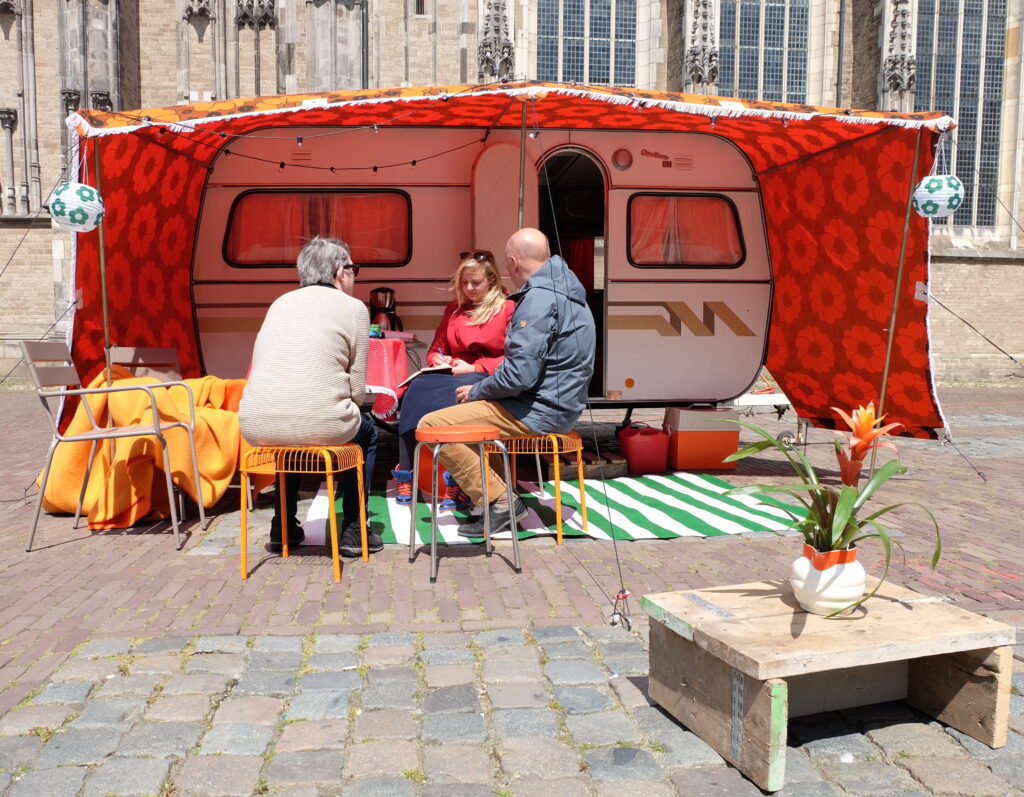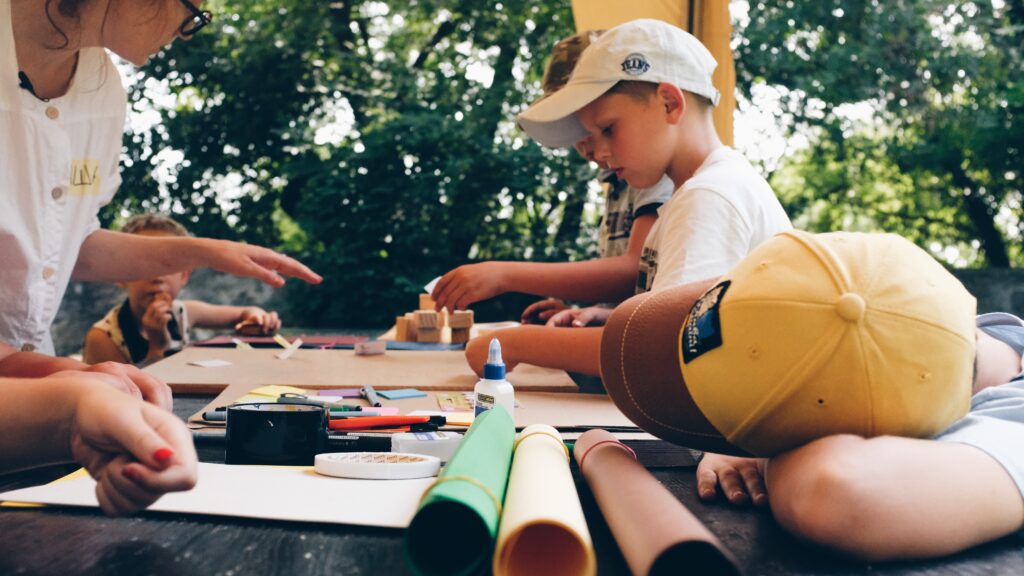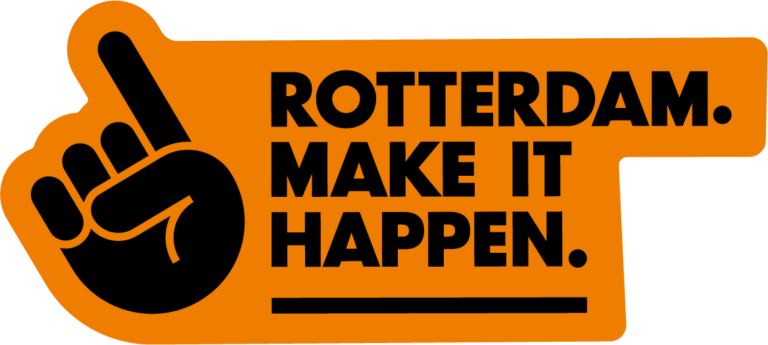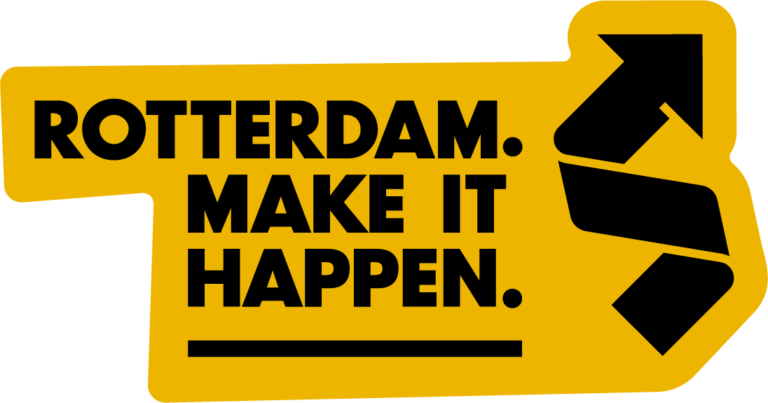by Charlot Schans
As an urbanist these times, it may be difficult to stay optimistic about the future of our cities. Faced with an overpowering climate crisis, ever increasing inequality and heart-wrenching conflicts surging around the globe, it’s easy to feel paralyzed at times.
When dreaming of a more hopeful outlook, at Placemaking Week Europe, our dear friend Charles Landry engaged the audience in a relevant query on ‘What triggers change?’ In his newest work he plans to unpack the ingredients for a just transition towards better cities. Us unlearning capitalism might just prove to be the task ahead.
As a placemaker myself I obviously turned Charles’ question upside down immediately, really wondering instead what change triggers. In recent weeks the quest for more human-scale cities has been charged with heated debates. Sparked first by UK’s prime minister Rishi Sunak openly embracing the conspiracy theories that accuse Carlos Moreno’s 15 minute city concept of taking away individual freedom, followed by OMA’s Reinier de Graaf’s attempt to cancel the term placemaking altogether, by pretending to question its definition in his op-ed on Dezeen.
One thing becomes ever more clear: where change is triggered, fear arises. What these reflexes have in common might perhaps be the underlying fear of losing one generations’ accomplishments, and with it their leading positions in the field. Underneath these vents might perhaps be automotive and fossil fuel industry leaders worried about job security. Or an architect tired of defending his skyline render to an ever more critical public tender committee, who may have advanced to evaluate a design from a human-scale perspective. Who knows. Perhaps we should ask.
In placemaking processes we are often met with such resistance to change. Inhabitants are afraid, for example, that a bench will attract troublemakers; local entrepreneurs fear revenues could drop when parking spaces are removed; real estate investors aim for the more commercial tenant for their building, regardless of how much they add to the social life of the area; or civil servants dread the extra work that comes with a thorough co-creative process. With tensions rising amidst current crises, we need to be ready to navigate such stormy waters to reach a higher ground.
We can take it as a compliment that our field is under a looking glass, as it means placemakers are finally perceived as a noticeable threat to the current status quo. But it also charges us with the responsibility to gear up and raise the bar in our projects. As momentum is building for placemaking, we need work together to:
- Share the best practices – that prove that eventually everyone wins in a regenerative and human-scale urban environment
- Sharpen our tools – and learn to truly listen to and address the fears underneath the resistance
- Bridge the transition – into the green revolution. This might in fact come with giving up some individual accomplishments, but for the benefit of us all. Due to neoliberal city-making, we seem to have lost the ability to make compromises, but this is truly part of the essence of urban life.
- Build capacity and grow the movement – to assure that eventually we will win the battle against extractive urban developments that currently largely outnumber us across the globe
- Be self-critical – about the unwanted side effects of placemaking processes, and learn from past mistakes. This means not being afraid to hold each other accountable along the way.
- Dare to be radical in our projects – as the process of placemaking is an instrument to help shape the transformative agendas for our cities. Thus, the impact we have on challenges like climate change, equity, the built environment and our democracy is dependent on how bold we define our ambitions.
- Stay true to the core values of placemaking – avoiding misappropriation or ‘place washing,’ now that the term is more broadly applied.
Or else we end up in pointless semantic debates, with the likes of De Graaf or Sunak (and boy, have we all been in way too many meetings with them already), who may have unlearned bringing softer skills like curiosity and intuition to the design table.
And tempting as that might be, we have no time to waste to do our utmost best to help reverse the climate crisis, and create healthier and more equitable cities, one regenerative placemaking project at a time.
(Unless the curiosity is mutual. Then of course, we’re happy to chat.)









